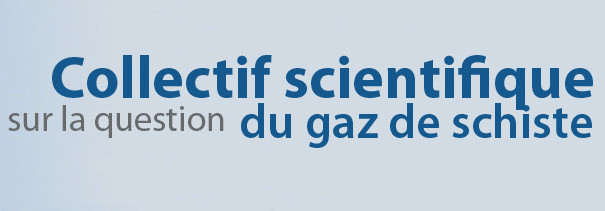While Québecers anxiously wait for Pierre Arcand, Quebec’s Minister of Sustainable Development, Environment and Parks to publicly release the Bureau d’audiences publiques sur l’environnement (BAPE) study on the future of shale gas development and hydraulic fracturing (or fracking) in the province, a group of more than 100 researchers and scientists known as the Collectif scientifique sur la question du gaz de schiste au Québec has declared that they will serve a permanent watchdog function over the shale industry. Additionally, they will promote accountability and transparency by government on its shale gas policies and will intensively study and communicate any shortfalls in the BAPE’s findings to the public.
The Collectif scientifique correctly insists that not enough is known about shale gas drilling and fracking, and describes the shale industry’s tactics as “invasive.” Given the controversies surrounding shale gas and fracking, this newly formed scientific community is calling for an immediate moratorium on drilling until Premier Jean Charest and his Liberal government produce a credible and realistic energy policy focusing on energy efficiency and renewable sources of energy and not dirty fossil fuels like gas.
Over the last year, the public has become highly engaged on shale gas drilling and fracking, prompting the U.S. Environmental Protection Agency (EPA) to launch a thorough review of hydraulic fracturing for natural gas. Canadians are right to worry about the same threats from gas development across several provinces.
If the damage and negative effects from the industry described in a 123-page parallel report [PDF in French] from the citizens coalition Maîtres chez nous 21è siècle, publicly released Monday, is anything like the official BAPE study (which the Minister may keep private until the end of April if he so chooses) – then it will corroborate the devastating health and environmental findings that the New York Times (NYT) has uncovered and made public in its “Drilling Down” investigative series on natural gas.
By holding provincial leadership to account and by informing the public of the issues at hand with shale gas development, these researchers and scientists also ensure that significantly reducing climate change emissions and protecting the democratic rights of citizens remain top priorities in shaping Québec’s energy future.
Subscribe to our newsletter
Stay up to date with DeSmog news and alerts







